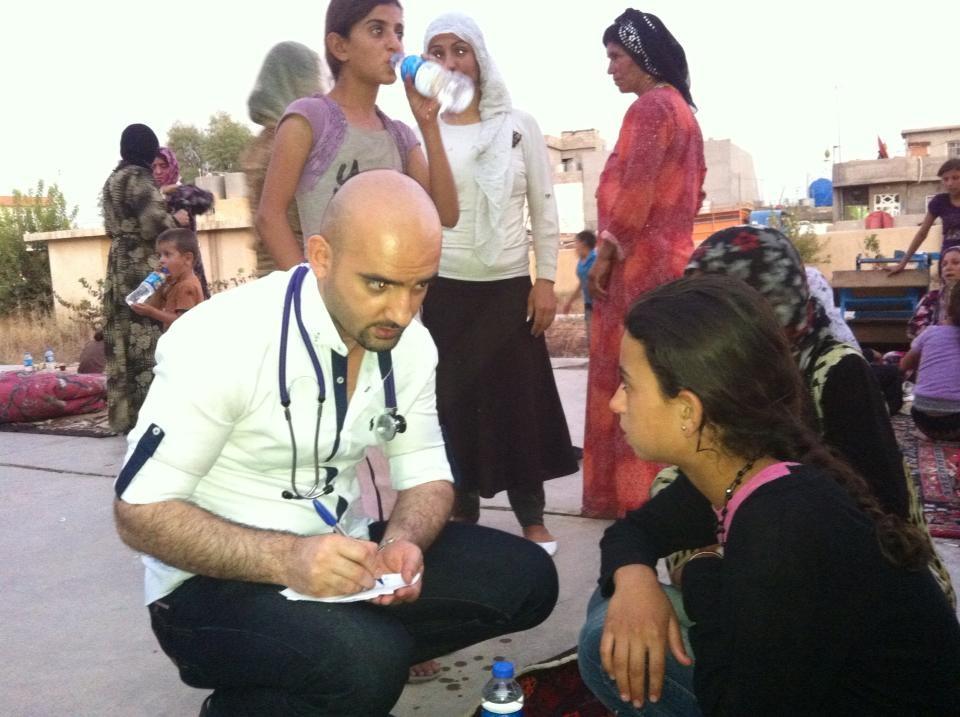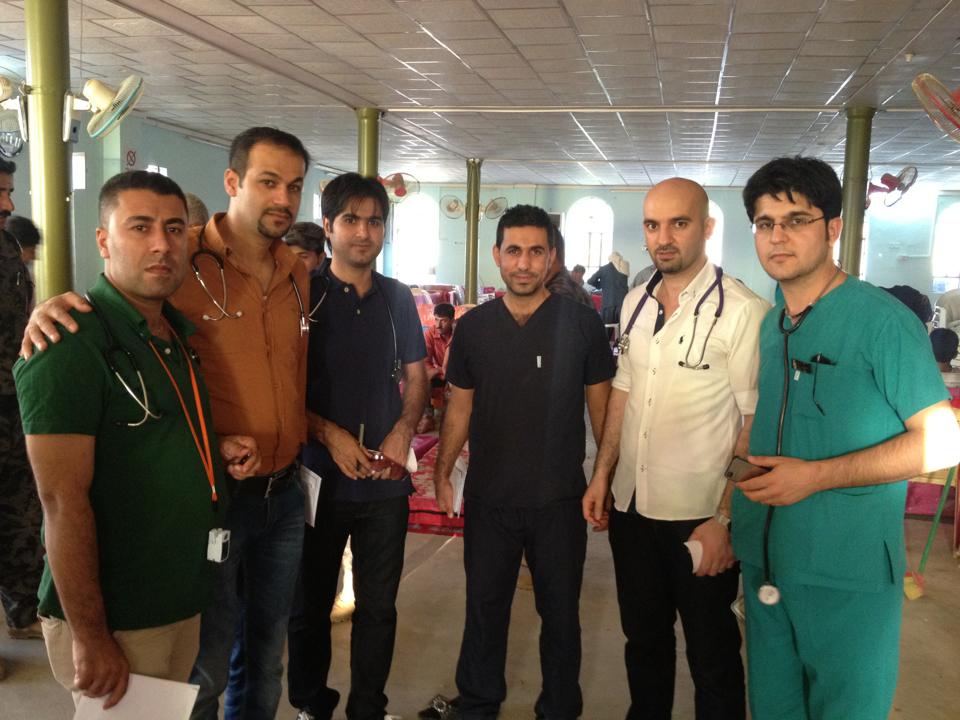Kurdish unity amidst crisis in Syria
The Syrian civil war has penetrated deep division lines throughout Syria between secularists, Islamists, regime-loyalists and Kurds. Among victims of the regime are Kurds who are fleeing their homes due to violence perpetuated by terrorist groups such as al-Nusra that have attacked civilians indiscriminately.
Kurds are the largest ethnic minority in Syria, and historically have been subjected to constitutional and governmental discrimination. Kurdish people have been subjected to oppression throughout history. They have battled with oppressive regimes, and have been victims of genocidal campaigns – Dersim and Halabja to name a few.
What’s remarkable during this dire situation is the unity that Kurdish people have shown, and solidarity towards the refugees that are crossing the border into Southern Kurdistan. More than 100,000 Kurds have sought refuge in Southern Kurdistan since the uprising against the Baathist regime started two years ago.
There was a brief closure of the border between Syria and Southern Kurdistan for approximately four months, and since the border opened last week more than 30,000 crossed the border. Consequently, a quota was put in place to control the influx of refugees into the region – only 3000 are allowed per day.
Head of Kurdistan Regional government’s department of foreign relations has urged the international community to pay attention and provide assistance to the Syrian refugees who fled to Kurdistan region. On Thursday afternoon he announced that the Kurdistan Regional Government Prime Minister Nechirvan Barzani has allocated an extra $25 million for the refugees from Syria.
Alongside governmental-led support, locals in Southern Kurdistan have exerted strong efforts to provide assistance to the refugees. For instance, Dr. Sarbast Hamid who is the chief resident of internal medicine in General Teaching Hospital of Silemani – has been one of the many doctors providing voluntary and regular check-ups for refugees in an attempt to safeguard their health.
Eventually a team of experienced medical staff with an ambulance full of medications headed off to Arbat. According to Dr. Sarbast Hamid the refugees in Arbat have been divided and situated in 11 places, most notably mosques and school (since the new term hasn’t started). In a brief interview Dr. Sarbast explained:
We visited them and decided to treat the patients by dividing them into three categories. Consequently we decided to treat patients with mild infections in their current location. Secondly, we referred patients who needed treatment that was not available with us to the local Health Centre in Arbat. For instance, a young boy who had diabetes did not use his insulin for two days, he was sent to the local health Centre in Arbat to receive his insulin. Thirdly we referred those who needed treatment that was not available in Arbat to Silemani hospital. For example, a young boy with Hernia was transferred to be seen by a surgeon in Silemani.
Since the initiative by this team of medics, the Directorate of Health in Silemani has scheduled a plan for visiting people on a daily basis. Dr. Sarbast explained that the refugees were in good condition by large, and that locals were trying to help them as well as the government in many ways.


Comments are closed.